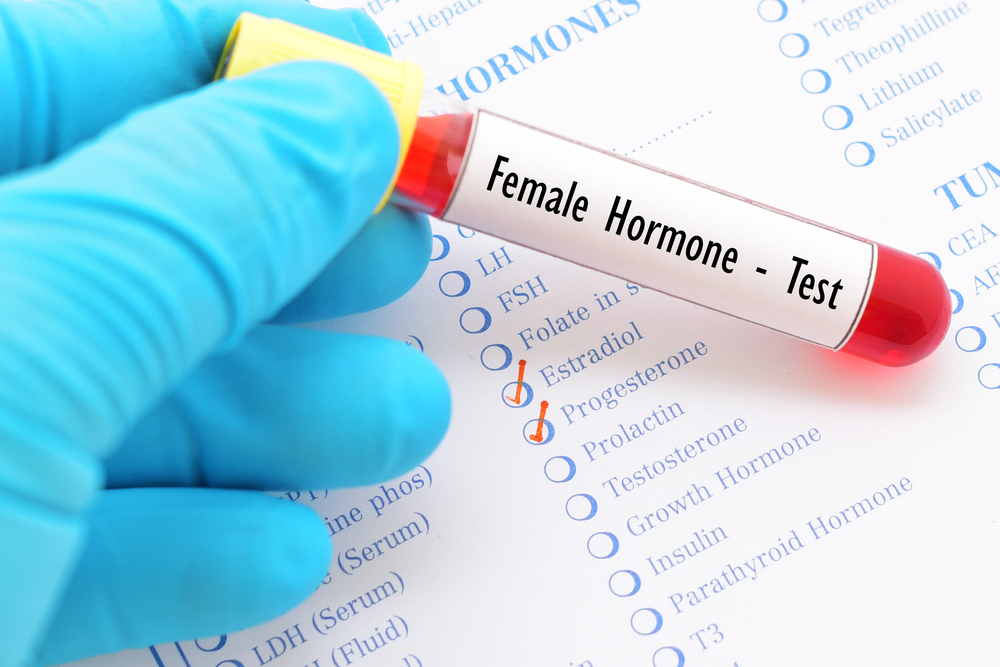Menopause
Hormone Testing and Menopause: What You Need to Know
Feeling off? Wondering if a hormonal imbalance is to blame? You’re not alone! Hormonal Imbalances can be extremely disruptive and frustrating to deal with, particularly when you are unsure of what the source of your symptoms are. Hormone tests can provide helpful insights about your inner chemistry, and aid you in identifying any deficiencies or excesses that may be causing discomfort. Learn more about hormone tests, as well as their role in identifying the onset of menopause below.
What is Hormone Testing
Hormone testing can be done several different ways, each with the goal of mapping the different levels of specific hormones in your system. The most common types of tests include:
Saliva
Saliva testing has been an active method for several decades, and can provide measurements of the body’s levels of cortisol, DHEA, estrogen, progesterone, and testosterone. While saliva readings can be quite accurate, those with gum disease or taking sublingual medication may have difficulty with their results. Saliva testing is also not a preferred method of testing for the detection of menopause as the amount of hormones available within this region may be too minute to provide consistent results.
Blood/Serum
Blood testing involves reading the serum from a provided sample to measure hormone levels. While blood testing can reveal the level of someone available to enter your cells, it does not provide insight towards the bioavailable level of a hormone (amount that is active in organs and tissues). Readings are often inconsistent, particularly if the hormone being tested for reads in the “low-normal” range. This can, unfortunately, lead to frustration for women who have “normal” test results, only to continue to experience the same symptoms as prior to testing.
Follicle-Stimulating Hormone (FSH) Testing
FSH testing is another serum hormone test, commonly used to determine the hormone levels of women experiencing symptoms of peri-menopause. FSH is a complex form of testing that requires blood to be drawn three times at 60-minute intervals, and should not be used to determine the status of sex steroid hormones or reproductive status as FSH levels tend to naturally fluctuate during the decade prior menopause.
Can Hormone Tests Help Me Determine if I’ve Entered Menopause?
Simply put? No. While hormone testing can help identify what chemicals may be fluctuating within your body, the only definitive way to say you have entered menopause is if you have gone for one full year without a period. It’s also worth noting that hormone test results can change over time, so should you see your symptoms re-emerge, it’s best to consult a physician for a new diagnosis.
At Vivaca, our passion is providing customers with holistic solutions that help you navigate stress, anxiety, and alleviate the symptoms of menopause. Our product botanicals are 100% natural, and are grown in Alberta, Canada. Find out more by contacting us today!

